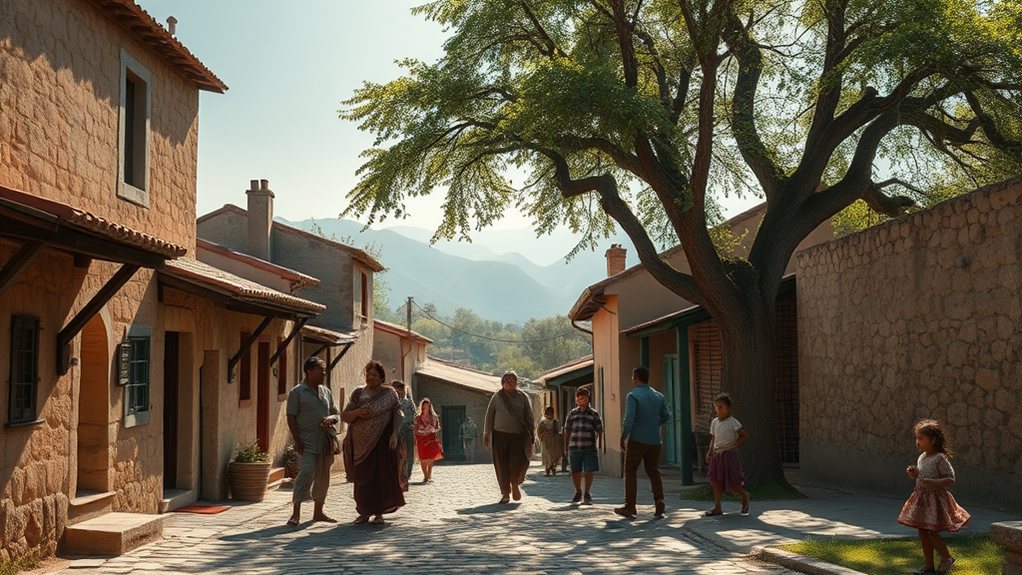
In a remote village in Turkey called Gokova, the mystery of deafness looms large. With a small population of about 120 residents, nearly half of them are deaf and non-verbal. This unusual health situation has shaped the village’s way of life. Residents rely heavily on sign language to communicate. It creates a unique culture, but also poses challenges for outsiders trying to connect with the community.
Mayor Eyup Tozn has pointed out how prevalent disabilities are in Gokova. Many families, like that of local resident Sati Tozun, report multiple generations affected by deafness. This has sparked concerns about community health and the future of the village. It’s not just an isolated issue; it raises questions about what might be causing such a high rate of deafness.
Gokova’s deafness crisis raises urgent questions about community health and potential causes, impacting generations of families.
Some scientists suggest that inbreeding could be a factor. Inbreeding often leads to genetic issues, and Gokova’s remote location makes it likely that families marry within their own community. Others have raised the possibility that chemicals in the drinking water might also play a role. However, no one knows for sure. The exact reasons for the widespread deafness remain under investigation.
The impact of these health issues is significant. Families who’ve lived in Gokova for generations feel the weight of their history. It’s not just about deafness; it’s about a community grappling with health abnormalities that affect daily life. The reliance on sign language has created a close-knit society, but it also limits interaction with outsiders.
Research into Gokova’s health dilemmas is ongoing. Scientists have drawn parallels to similar situations reported in an Australian village. As they explore both genetic and environmental causes, the hope is to uncover the truth. The village’s unique circumstances continue to attract attention, and many are enthusiastic to understand this intriguing mystery of deafness in Gokova.






